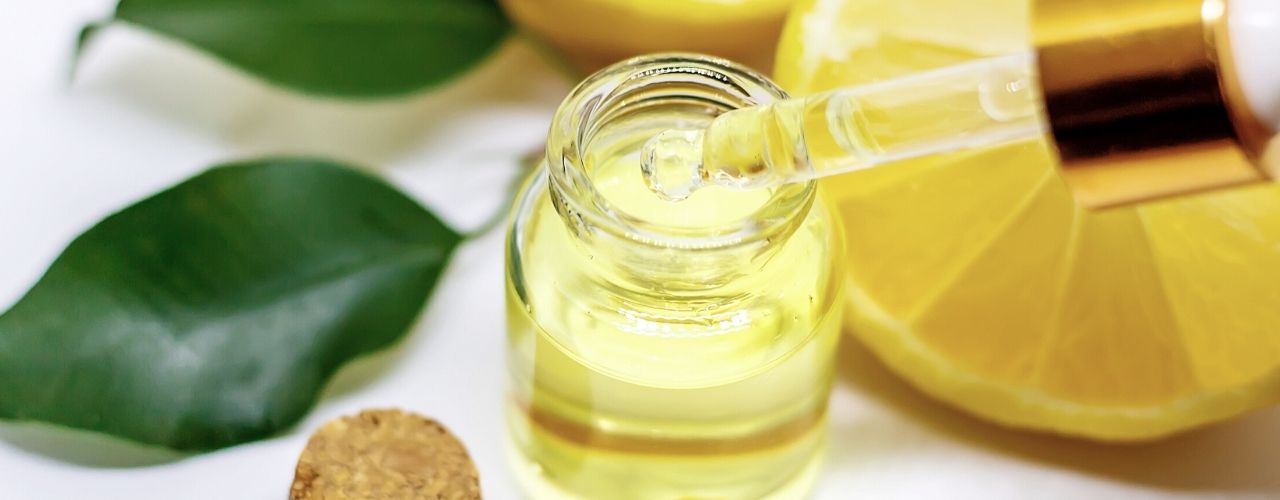Anxiety, nausea, insomnia, kidney stones, and knee pain. These vastly different conditions all have one thing in common: they can potentially be improved with aromatherapy. That’s one of the reasons essential oil sales have exploded in the last few years. However, as it often happens with popular health trends, not everyone is completely informed about it. Here are a few facts you didn’t know about essential oils.
How They’re Made
When we think of extracting oil from a plant, we often think of pressing olive oils. But there are multiple ways that essential oils are made, depending on the plant. Steam distillation, used to make popular oils like lavender, involves passing hot steam through the plant matter in order to remove the oils. Cold pressing involves having fruit rinds pass through a cylinder that presses the oils out.
Other methods involve using a solvent or other substance like ethanol or supercritical CO2. Both methods are similar in that they involve soaking the plant in a substance to remove the oils. But the difference between the two is the complexity of obtaining the solvents. Ethanol can be purchased, whereas supercritical CO2 involves putting the CO2 into a state between liquid and gas through specialized machinery.
The Real Meaning of “Therapeutic-grade”
Because we typically use essential oils for aromatherapy, most consumers aren’t surprised to see the label “therapeutic-grade” on bottles. But the term “therapeutic-grade” doesn’t have any specific meaning as far as how beneficial the oil is for aromatherapy. In fact, the term was coined by marketing departments to make their oils stand out among the competition.
Oils Change
Nature is always changing. And since essential oils come from plants, it shouldn’t surprise us that essential oils change as well. If you grow your own plants, you may find that the aroma and properties of your oils may be different depending on the time of year that the plants are harvested. Even if plants have been harvested from the same garden, if some plants didn’t get enough sunlight or water, their oils may come out differently than the ones that did.
Essential Oils Can’t Be Patented
No one would think to put a patent on a tree just because they grew it in their own yard. For the same reason, you can’t put a patent on essential oils. This often unrealized fact about essential oils is one of the reasons why so many essential oil companies have cropped up. If you have the technology and the plants available to you, you can make and sell essential oils.





